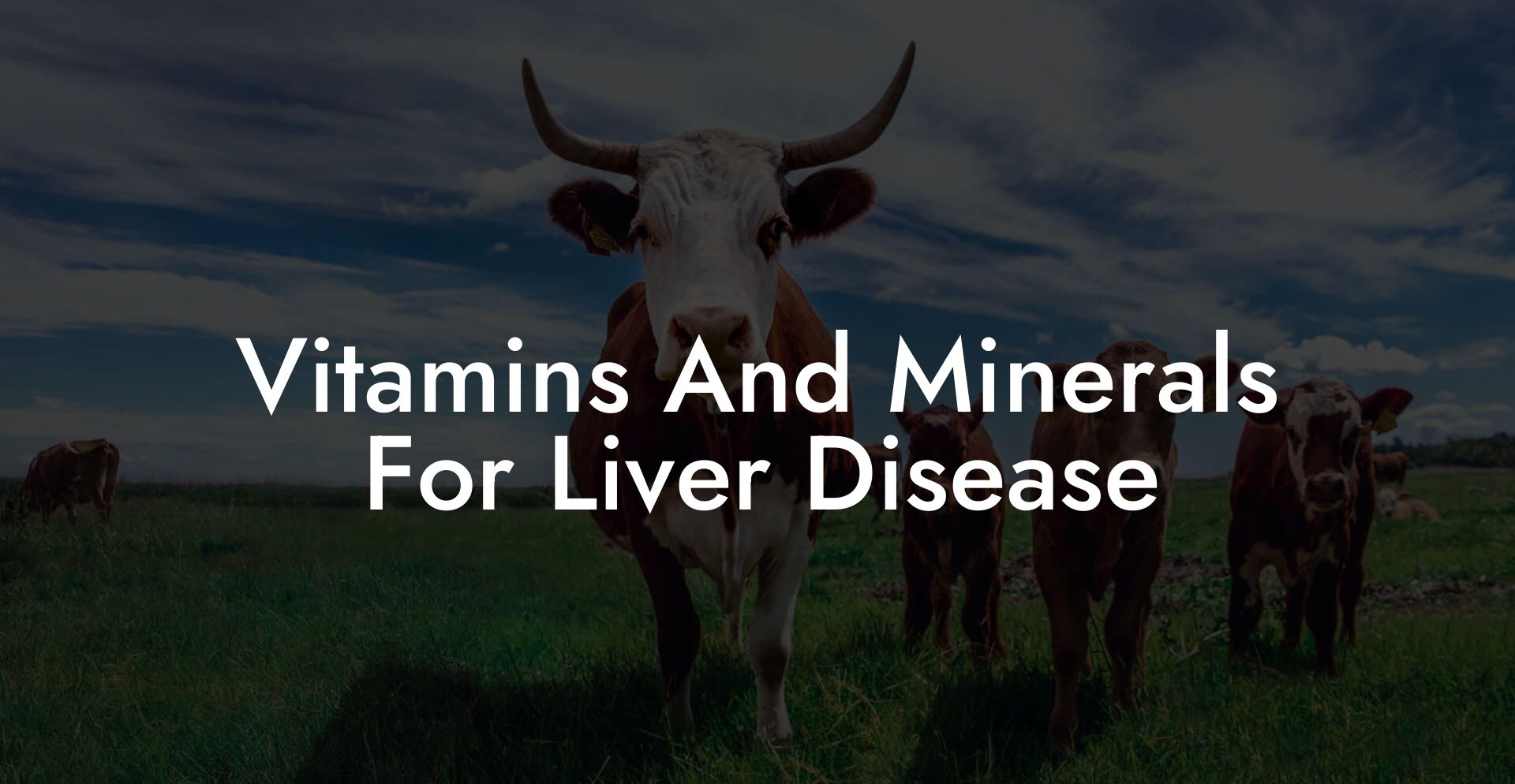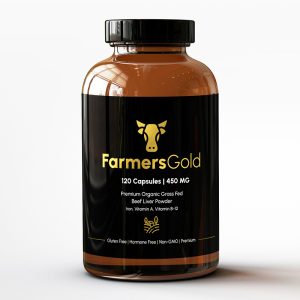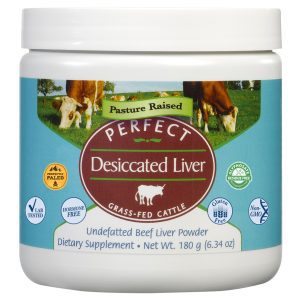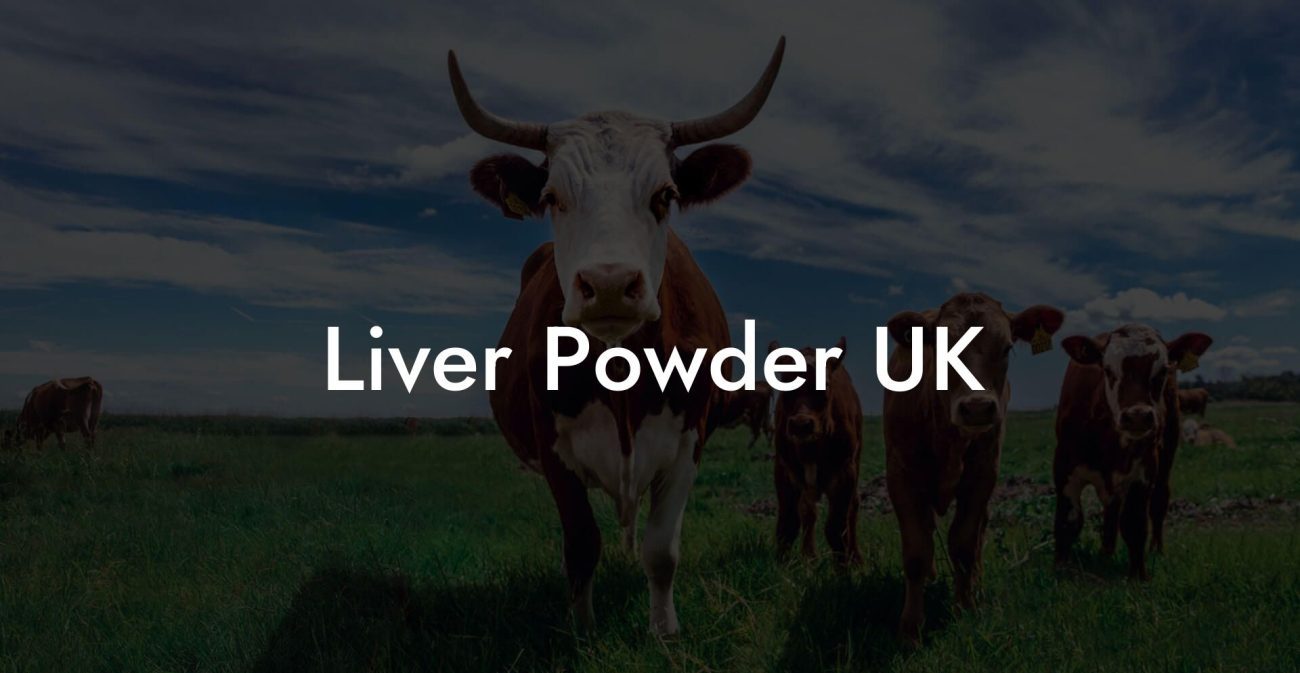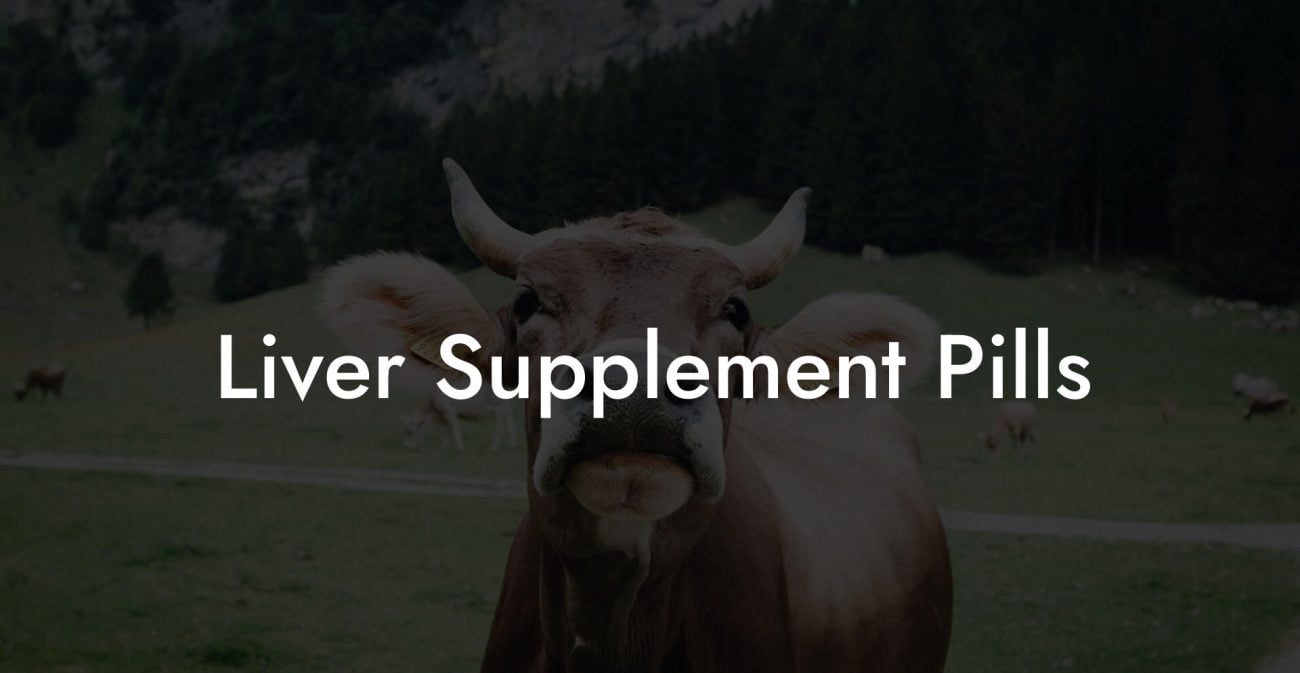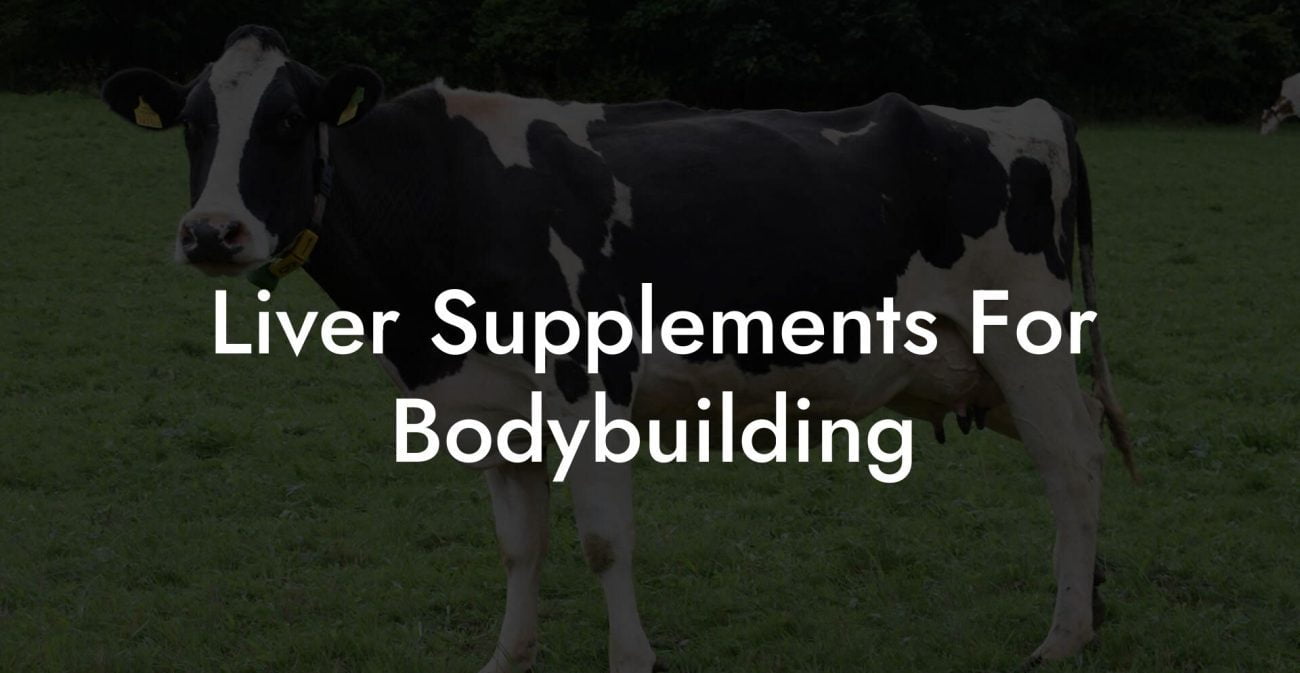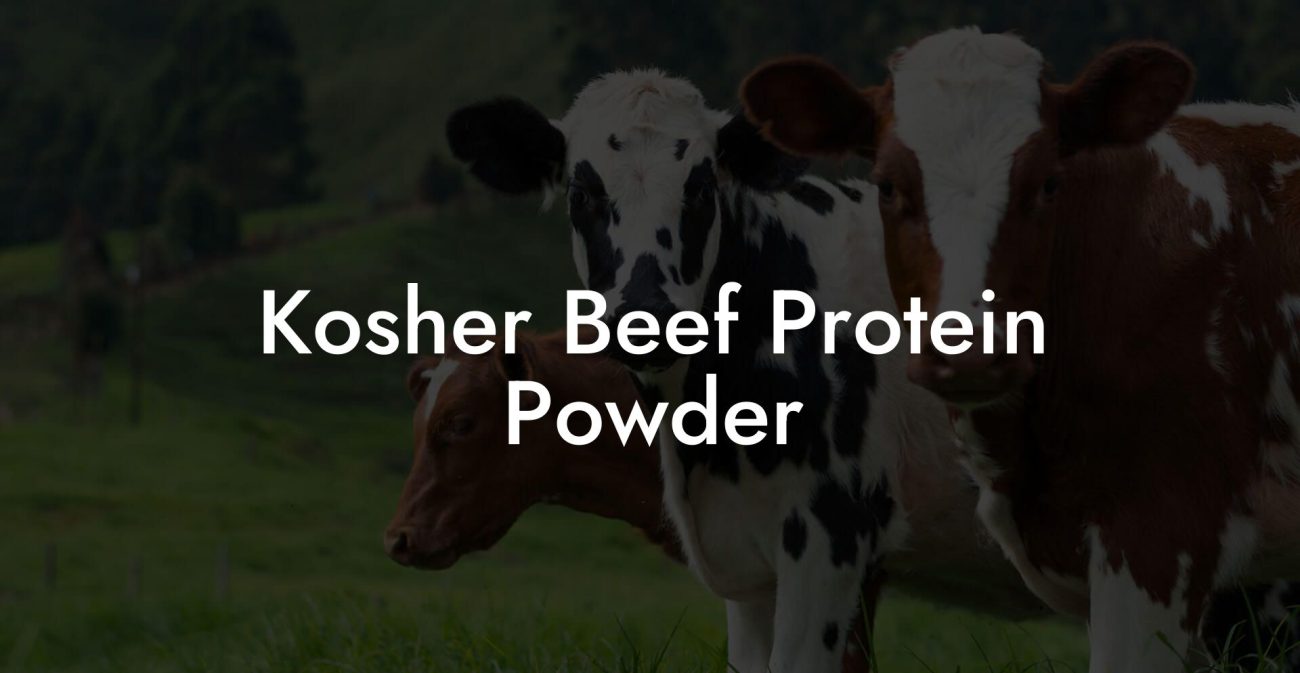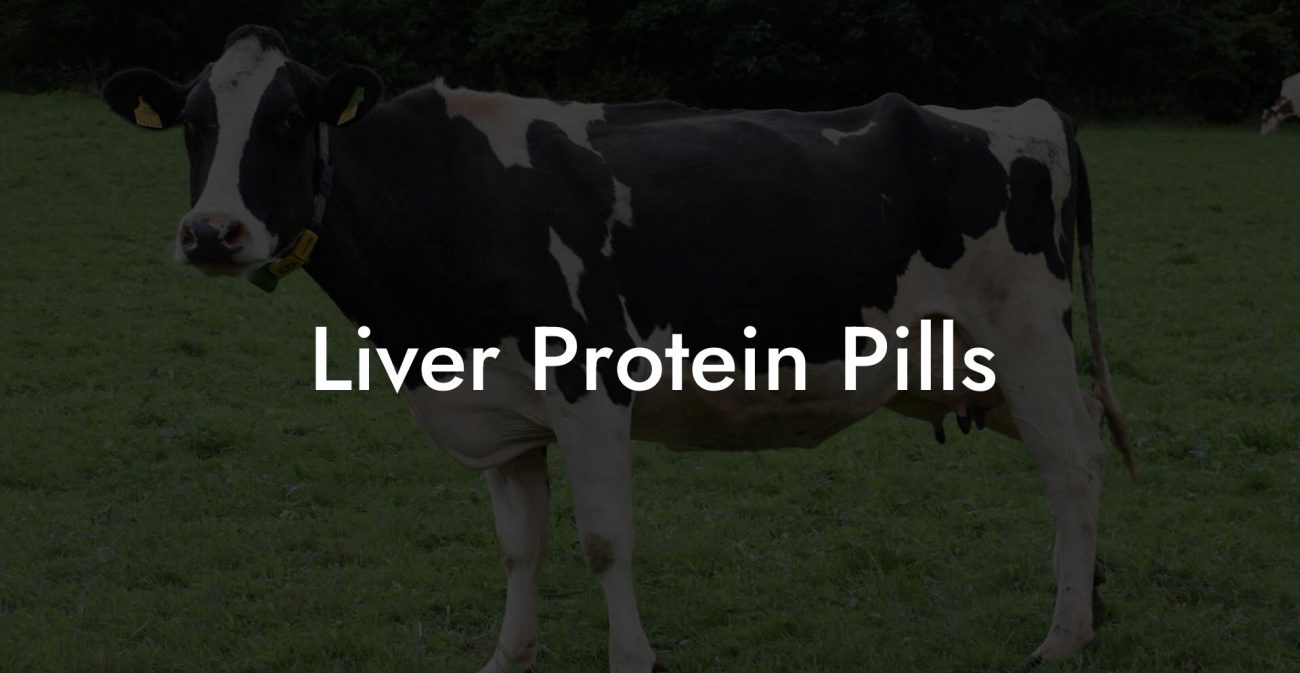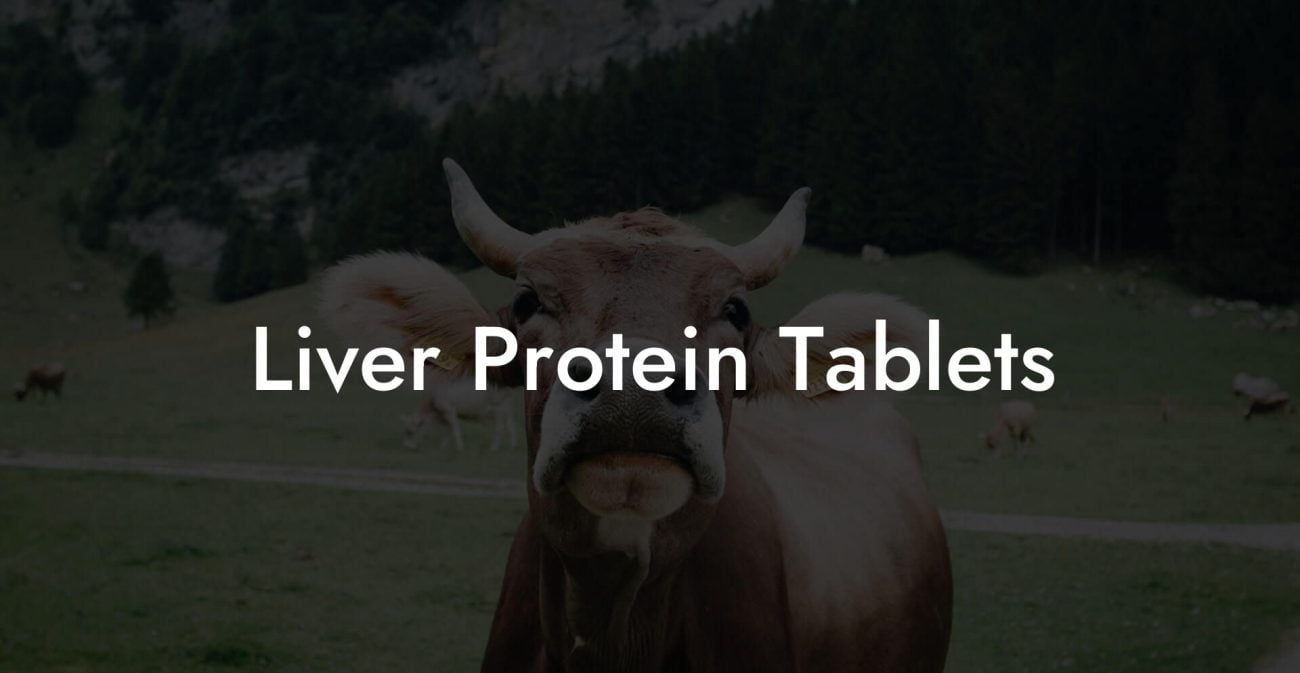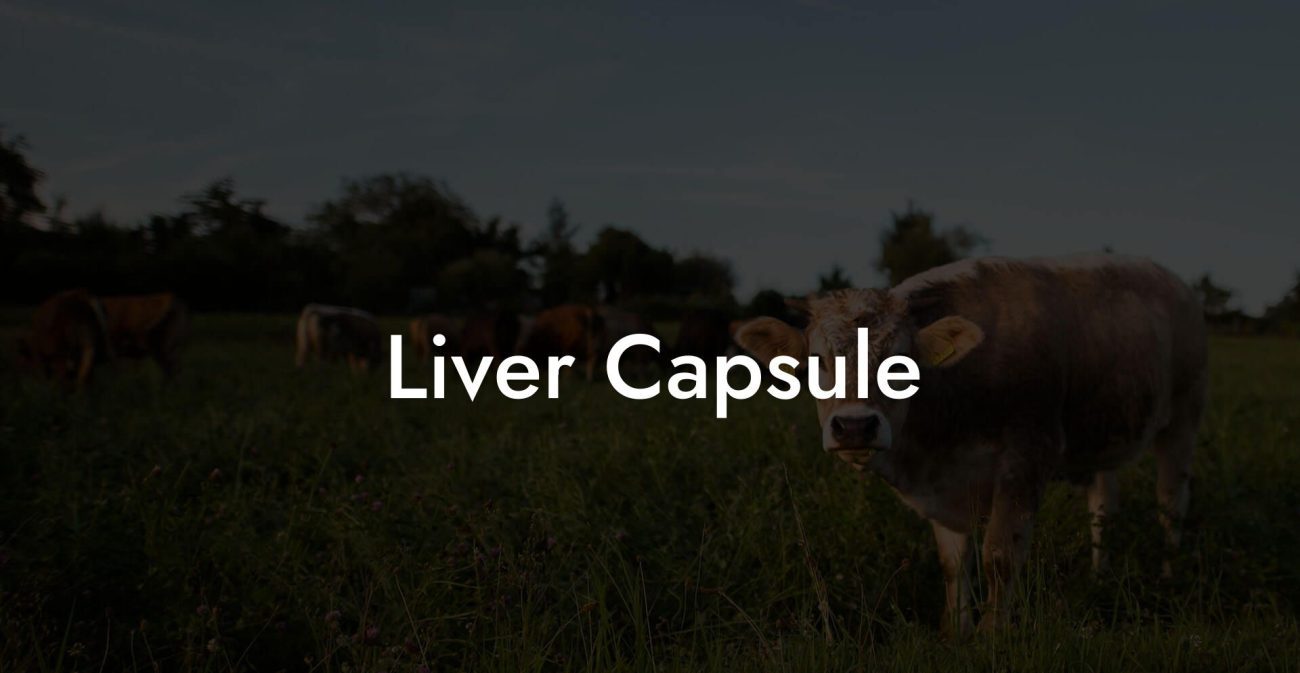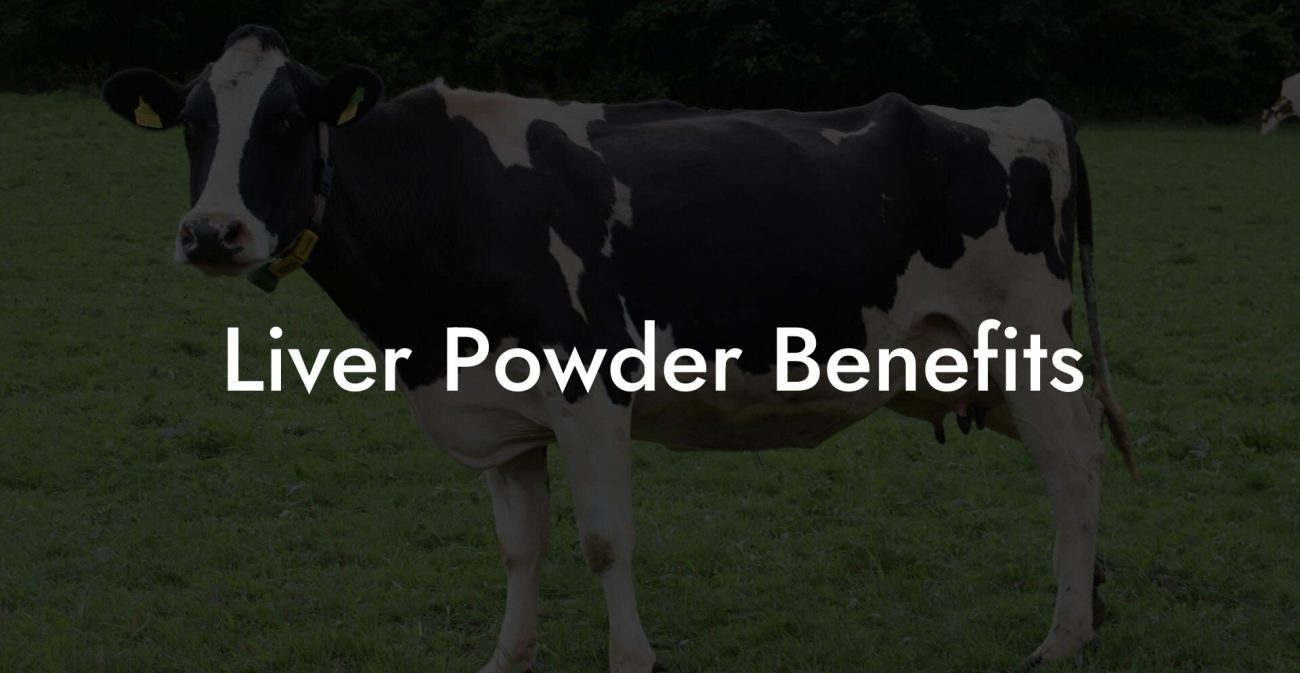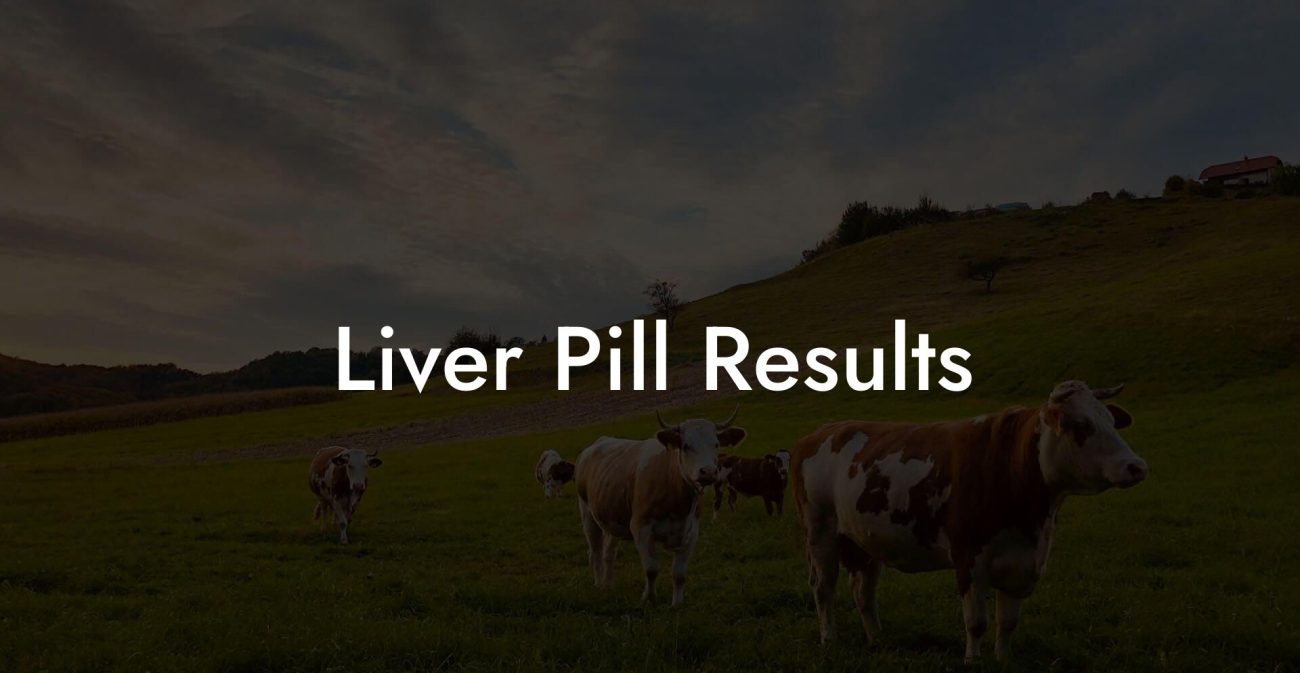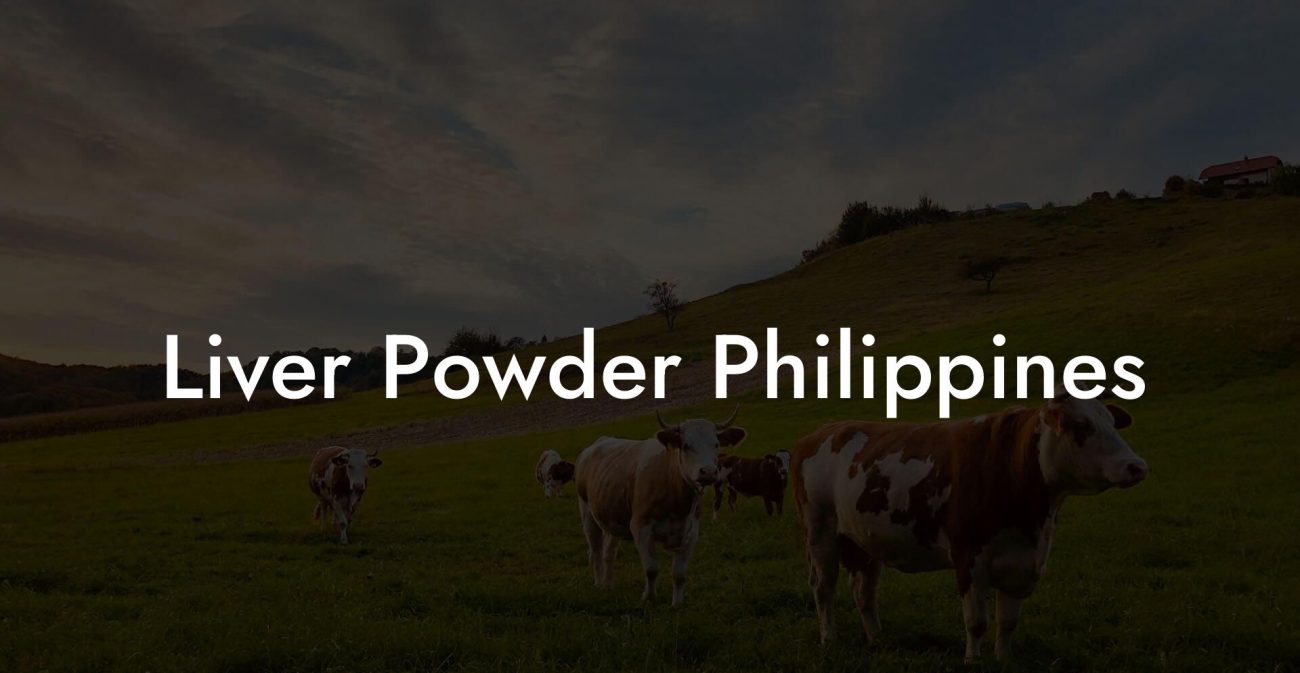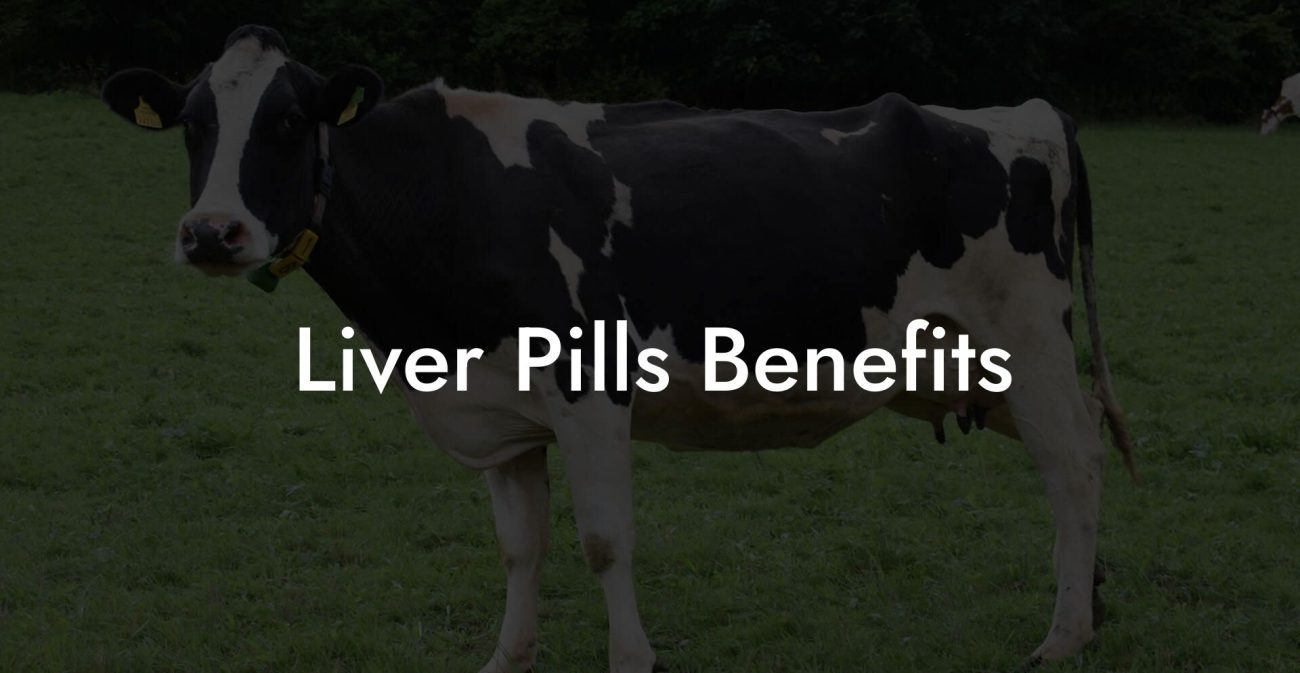Liver is considered to be one of the most significant organs in our body. It performs a wide array of essential functions such as blood filtration, metabolism of nutrients, production of crucial proteins, detoxification and storage of vitamins and minerals. However, liver diseases, ranging from fatty liver to cirrhosis, are on the rise, impacting the quality of life for millions of individuals worldwide. It's crucial to maintain a healthy liver and to seek appropriate treatment and management strategies if liver disease develops. While proper nutrition and lifestyle are vital for overall liver health, specific vitamins and minerals play a substantial role in supporting and restoring liver function. In this comprehensive guide, we will explore the important vitamins and minerals for liver disease and how including them in your diet can make a significant difference.
Looking For Beef Liver Powder Supplements?
Vitamins And Minerals For Liver Disease Table of Contents
1. Vitamin A: Vitamin A is well-known for its antioxidant properties; it safeguards the liver from the damaging effects of free radicals that can lead to liver diseases. It also supports the liver's capacity to detoxify, synthesize proteins, and store essential nutrients. Foods rich in Vitamin A include carrots, sweet potatoes, spinach, and liver.
2. B-Complex vitamins: The B vitamins, particularly B1 (thiamine), B2 (riboflavin), B3 (niacin), B6 (pyridoxine), and B12 (cobalamin), are vital for the maintenance of a healthy liver. They help the liver process fats, produce energy, and detoxify harmful substances. Opt for foods like whole grains, lean meats, fish, eggs, dairy products, and leafy green vegetables to increase your B-vitamin intake.
3. Vitamin C: This potent antioxidant vitamin can help protect the liver from oxidative stress and improve its overall functioning. It also aids in the formation of collagen, a vital component in the liver's structure. Rich sources of vitamin C include citrus fruits, strawberries, kiwi, and peppers.
4. Vitamin D: Research suggests that low levels of vitamin D are linked to liver dysfunction and an increased risk of liver disease. This essential vitamin supports overall liver health, assists with anti-inflammatory actions and strengthens the immune system. Fatty fish, egg yolks, and fortified milk are excellent sources of vitamin D. Adequate sunlight exposure is vital for converting this vitamin into its active form.
5. Vitamin E: Another powerful antioxidant, vitamin E defends the liver cell membranes against possible damage. It also improves the liver's capacity to handle inflammation and oxidative stress. Nuts, seeds, and vegetable oils are all good sources of vitamin E.
6. Zinc: This essential trace mineral plays a vital role in various liver functions, including enzyme activity and protein synthesis. It supports the liver in detoxification of harmful chemicals and helps counteract liver damage. Zinc-rich foods include oysters, beef, pumpkin seeds, and spinach.
7. Selenium: Selenium, another trace mineral, acts as a natural antioxidant that prevents oxidative stress that can damage liver cells. It also boosts liver function and promotes detoxification. Brazil nuts, tuna, and halibut are all rich in selenium.
Vitamins And Minerals For Liver Disease Example
Let's suppose a middle-aged man, Mark, has been recently diagnosed with non-alcoholic fatty liver disease (NAFLD). His healthcare provider recommends that he improve his overall diet and increase his intake of essential vitamins and minerals for liver health support. Mark starts incorporating vitamin A-rich foods such as carrots and spinach into his daily meals. He consumes whole grains, lean meats, and dairy products to boost his B-vitamin intake. Mark adds citrus fruits and kiwi to his diet for vitamin C, and enjoys fatty fish, egg yolks, and sunlight exposure for vitamin D. He also incorporates nuts, seeds, and vegetable oils as sources of vitamin E. Finally, Mark consumes zinc-rich foods like beef, pumpkin seeds, and oysters, as well as selenium-rich foods like Brazil nuts and tuna.
Now that you know the vital vitamins and minerals essential for supporting liver health, it's time to make changes in your dietary habits to promote a healthy liver. Not only is this beneficial for those with liver disease, but for anyone who wishes to maintain optimal liver health. Don't forget to share this comprehensive guide with others and explore the importance of beef liver powder for even more liver health tips and information.
Looking For Beef Liver Powder Supplements?

